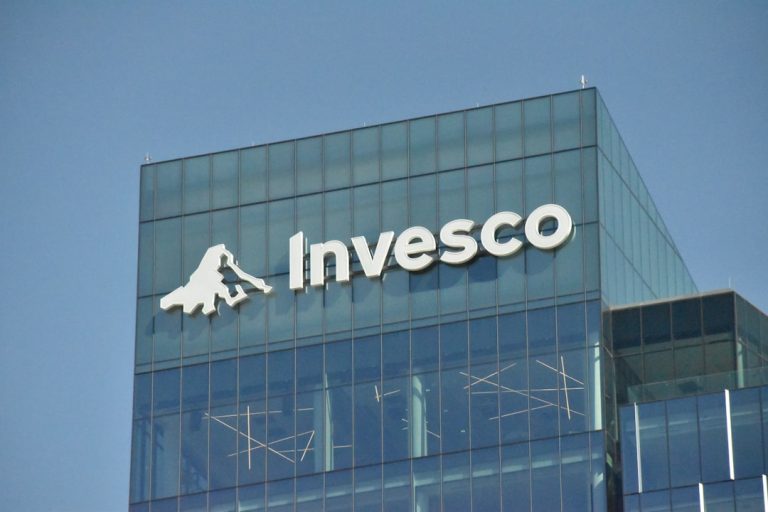Discover how founders can leverage SEIS and EIS tax relief schemes to secure funding and optimize their startup’s financial strategy.
Introduction
Launching and scaling a startup in the United Kingdom comes with its unique set of challenges, particularly when it comes to securing adequate funding. The Seed Enterprise Investment Scheme (SEIS) and the Enterprise Investment Scheme (EIS) are two pivotal government-backed initiatives designed to alleviate some of these financial pressures. This comprehensive guide explores how founders can maximize SEIS and EIS tax relief to enhance their startups’ financial strategies.
Understanding SEIS and EIS
What is SEIS?
The Seed Enterprise Investment Scheme (SEIS) is aimed at helping early-stage startups raise equity finance by offering tax relief to individual investors who purchase new shares in those companies. SEIS provides substantial tax incentives, including:
- Income Tax Relief: Investors can claim up to 50% income tax relief on investments up to £100,000 per tax year.
- Capital Gains Tax Exemption: Gains on SEIS shares are free from Capital Gains Tax (CGT) if held for at least three years.
- Loss Relief: Investors can offset losses against their income or CGT, providing a safety net for high-risk investments.
What is EIS?
The Enterprise Investment Scheme (EIS) targets slightly more mature startups compared to SEIS. It offers similar tax benefits, including:
- Income Tax Relief: Investors can claim up to 30% income tax relief on investments up to £1 million per tax year.
- Capital Gains Tax Deferral: Capital gains can be deferred when reinvested in EIS-eligible companies.
- No CGT on EIS Investments: Gains on EIS shares are exempt from CGT if held for at least three years.
Benefits for Founders
Attracting Investors
By offering SEIS and EIS tax reliefs, founders can make their startups more attractive to potential investors. These schemes mitigate the financial risk for investors, encouraging them to support innovative and high-potential companies.
Optimizing Financial Strategy
Leveraging these tax reliefs allows founders to optimize their financial strategies by:
- Reducing Capital Costs: Lowering the cost of capital through tax-efficient investments.
- Increasing Investment Appeal: Enhancing the appeal of equity offerings to attract diverse investment sources.
- Facilitating Growth: Providing the necessary funds to scale operations, develop products, and expand market reach.
Eligibility Criteria for Founders
SEIS Eligibility for Founders
To benefit from SEIS as a founder, certain conditions must be met:
- Shareholding Limitations: Founders cannot hold more than 30% of the company’s shares or voting rights within three years of the SEIS share issuance.
- Role Restrictions: Founders can invest in SEIS shares if they are not employees or if they hold an unpaid directorship.
- No Linked Loans: Founders must not receive any linked loans that could influence their investment terms.
EIS Eligibility for Founders
EIS has stricter criteria for founders:
- Connection Rules: Founders and their associates must not hold more than 30% of the company’s shares or voting rights during the relevant period.
- Unpaid Directorships: If serving as a director, the role must be unpaid to qualify for EIS benefits.
- Compliance with HMRC Guidelines: Strict adherence to HMRC regulations is essential to maintain eligibility for EIS tax relief.
Strategies to Maximize Tax Relief
Proper Structuring of Equity
Founders should carefully structure their equity offerings to comply with SEIS and EIS requirements. This involves:
- Issuing New Shares: Ensuring that new shares qualify under SEIS/EIS by meeting HMRC’s criteria.
- Maintaining Shareholdings: Keeping personal and associate shareholdings within the prescribed limits.
Utilizing Platforms like Oriel IPO
Platforms such as Oriel IPO play a crucial role in facilitating SEIS and EIS investments:
- Commission-Free Funding: Oriel IPO eliminates commission fees, allowing founders to retain more capital.
- Curated Investment Opportunities: The platform offers carefully selected investment options that meet SEIS/EIS criteria.
- Educational Resources: Comprehensive guides and tools help founders and investors navigate the complexities of SEIS/EIS schemes.
Engaging with Angel Investors
Building relationships with angel investors who are knowledgeable about SEIS and EIS can significantly enhance funding prospects. These investors can provide not only capital but also valuable mentorship and industry connections.
Compliance and Best Practices
Adhering to HMRC Regulations
Compliance with HMRC regulations is paramount to maintaining eligibility for SEIS and EIS tax relief. Founders should:
- Seek Professional Advice: Engage with accountants or financial advisors specializing in SEIS/EIS.
- Maintain Accurate Records: Keep detailed documentation of share issuances, investments, and compliance measures.
- Regularly Review Eligibility: Periodically assess the company’s compliance with SEIS/EIS criteria to avoid disqualification.
Planning for Future Funding Rounds
Strategic planning for future funding rounds ensures continued eligibility for SEIS and EIS. This includes:
- Staggering Investments: Carefully planning the timing and size of investments to align with scheme requirements.
- Monitoring Growth Milestones: Ensuring the company meets growth targets that qualify it for subsequent EIS funding.
Conclusion
Maximizing SEIS and EIS tax relief is a strategic imperative for founders looking to secure funding and optimize their startup’s financial health. By understanding the eligibility criteria, leveraging specialized platforms like Oriel IPO, and adhering to compliance best practices, founders can effectively utilize these schemes to propel their startups towards success.
Ready to take your startup to the next level? Join Oriel IPO today and connect with investors who can help you achieve your vision.



